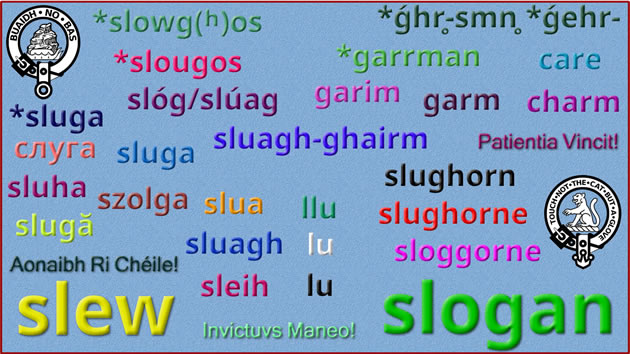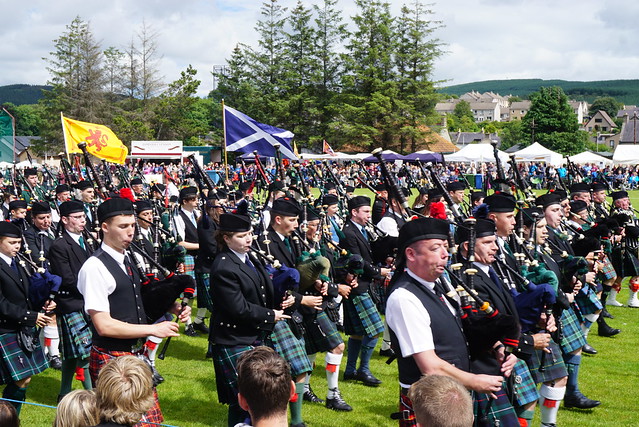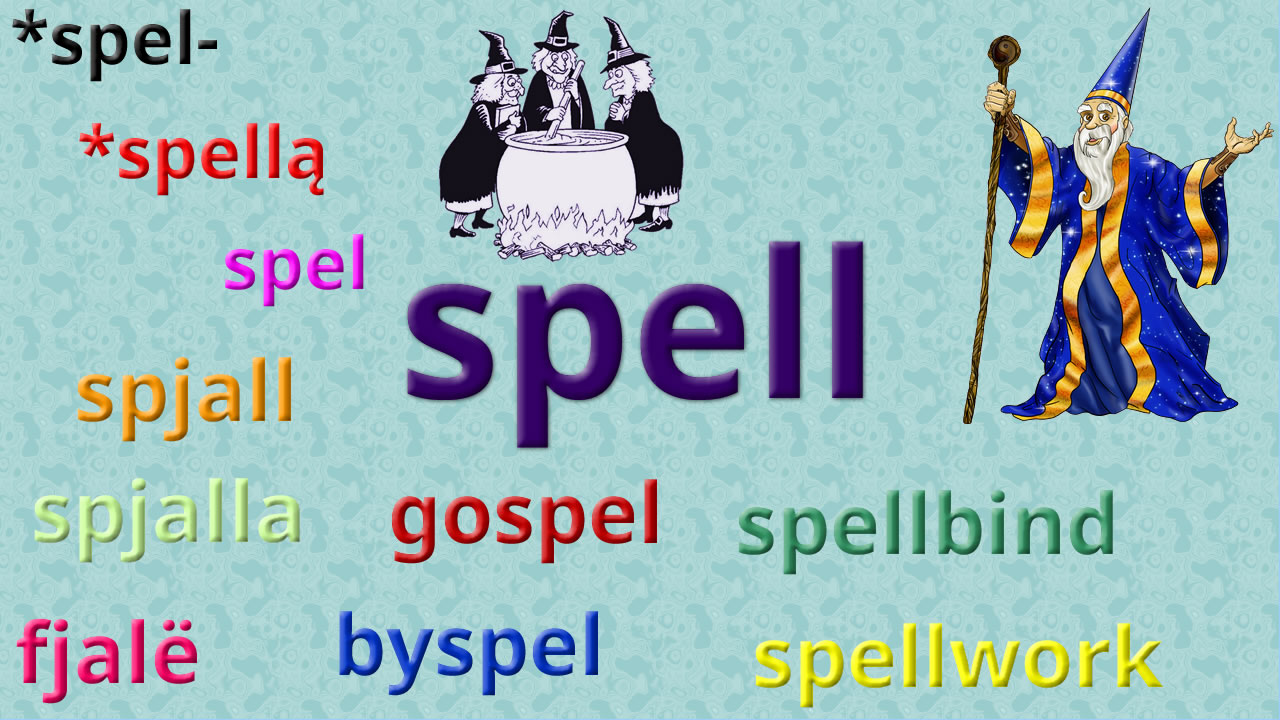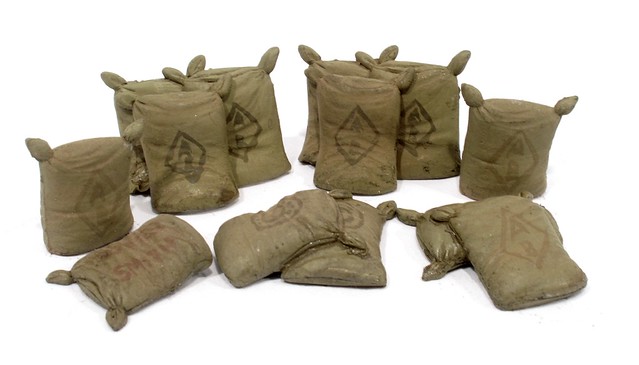Podcast: Play in new window | Download
In this Adventure we investigate the origins of the word quiver.
A quiver [ˈkwɪvə / ˈkwɪvɚ] is:
- A portable case for holding arrows
- A collection or store
To quiver means:
- To shake with a slight, rapid, tremulous movement
- To tremble, as from cold or strong emotion.
Quiver as an adjective means:
- fast, speedy, rapid
- energetic, vigourous, vibrant
The quiver for arrows comes from the Middle English quiver/whiver (a quiver, arrow case, case for a bow) from the Anglo-Norman quivre (a quiver), from the Old Dutch cocere/kokere (a quiver, case) from the Proto-West Germanic *kukur (container), possibly from Hunnic and/or ultimately from Proto-Mongolic *kökexür (leather vessel for liquids, snuff bottle) [source].
Words from the same Proto-Mongolic root include хөхүүр / ᠬᠥᠬᠦᠦᠷ [xoxur] (leather bag for holding liquid, wineskin, waterskin, snuffbox) in Mongolian, koker [ˈkoː.kər] (tube, cylinder, quiver) in Dutch, Köcher [ˈkœçɐ] (a quiver) in German, and kukkaro [ˈkukːɑro] (purse) in Finnish [source].
The verb to quiver and the adjective quiver (fast, energetic, vigourous) come from the Middle English quvier/cwiver (active, agile, lively, brisk, quick), from the Old English *cwifer, possibly related to cwic (alive. living, intelligent, keen), from which we get the modern English word quick [source].
Here’s a video I made of this information:
Video made with Doodly [afflilate link].
I also write about words, etymology and other language-related topics on the Omniglot Blog, and I explore etymological connections between Celtic languages on the Celtiadur.
You can also listen to this podcast on: Apple Podcasts, Amazon Music, Stitcher, TuneIn, Podchaser, PlayerFM or podtail.
If you would like to support this podcast, you can make a donation via PayPal or Patreon, or contribute to Omniglot in other ways.










